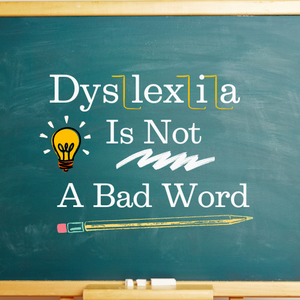Your Solution is Launching Soon!

You Are Nothing Less Than Amazing!

The unique wiring of a dyslexic brain often leads to strengths in areas such as big-picture thinking, spatial reasoning, and the ability to see patterns and connections that others might miss. These capabilities are highly valuable in fields like engineering, art, architecture, and entrepreneurship, where innovative and out-of-the-box thinking is prized. Many successful entrepreneurs, scientists, and artists attribute their unique perspective and problem-solving skills to their dyslexia, illustrating that what is often seen as a challenge can also be a significant advantage.
Practice Makes Progress
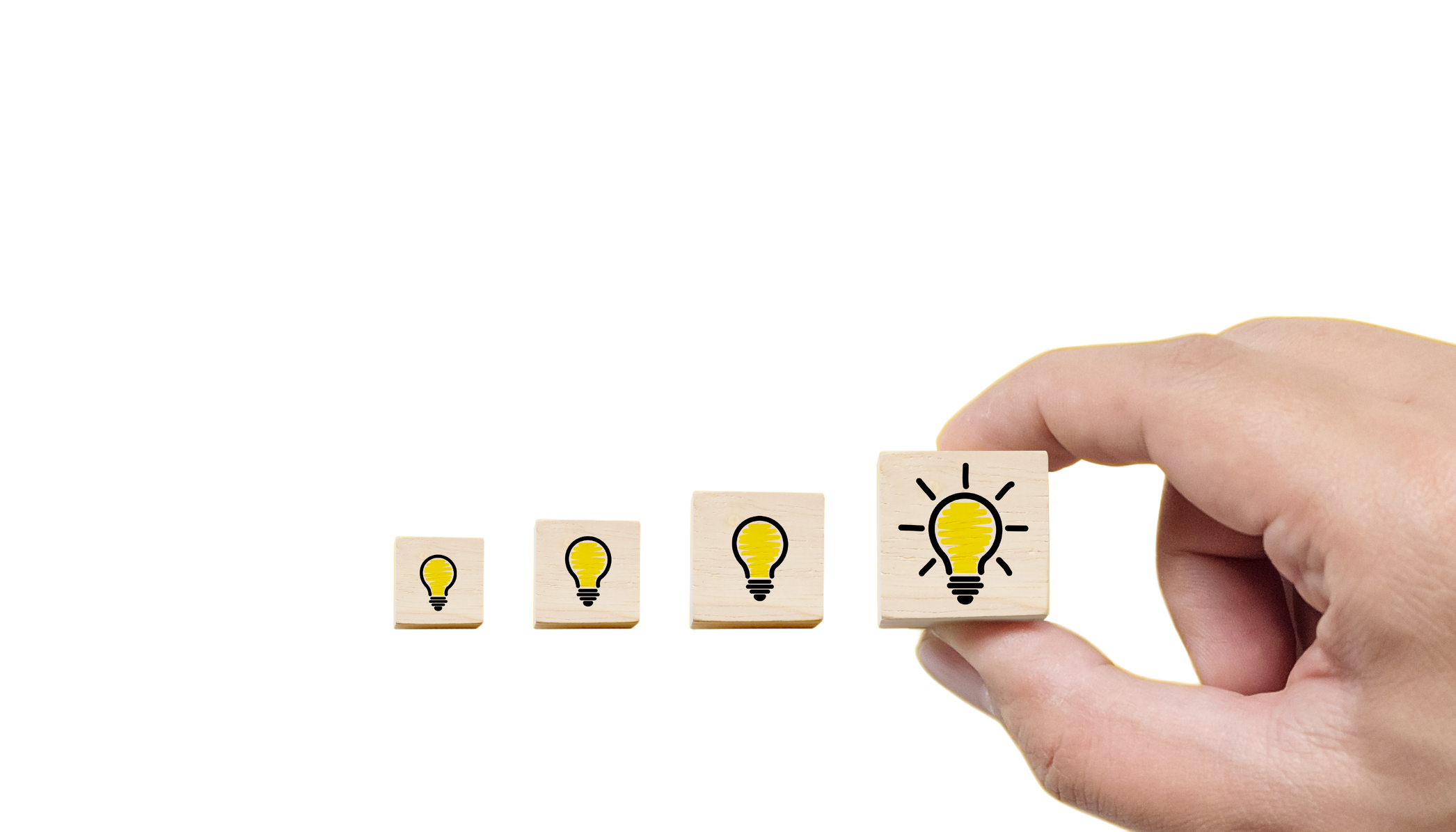

TIPS NO TRICKS
Creating a Conducive Learning Environment
For reading and writing tasks, find a quiet, well-lit space where distractions are minimized. Using colored overlays or paper can help reduce visual stress that some dyslexic individuals experience when reading black text on white paper. Experimenting with different colors to find out which one improves clarity and comfort for reading can be very beneficial. When studying or trying to understand new information, breaking down the material into small, manageable chunks can also help. Additionally, using mind maps or graphic organizers can aid in visualizing concepts and relationships between ideas, making it easier to comprehend and remember information.
The Power of Practice and Patience
Reading regularly, even if it's challenging, can improve reading skills over time. Consider starting with materials that interest you, as engagement can make reading feel less daunting. Also, don't shy away from seeking support. Whether it's from teachers, tutors, or through joining support groups for individuals with dyslexia, getting the right assistance can make a significant difference in managing dyslexia.
Give Cursive Writing a Try
The continuous flow of cursive writing can potentially aid those with dyslexia by reducing the necessity to lift the pen between letters, thereby helping to maintain the train of thought and possibly improving writing speed. Furthermore, the distinctiveness of cursive letters—where each letter has a more unique shape than its printed counterpart—might assist in reducing letter reversal issues, a common symptom of dyslexia. For example, the cursive forms of 'b' and 'd' are more differentiated than their printed versions, which might help in distinguishing between the two more easily.

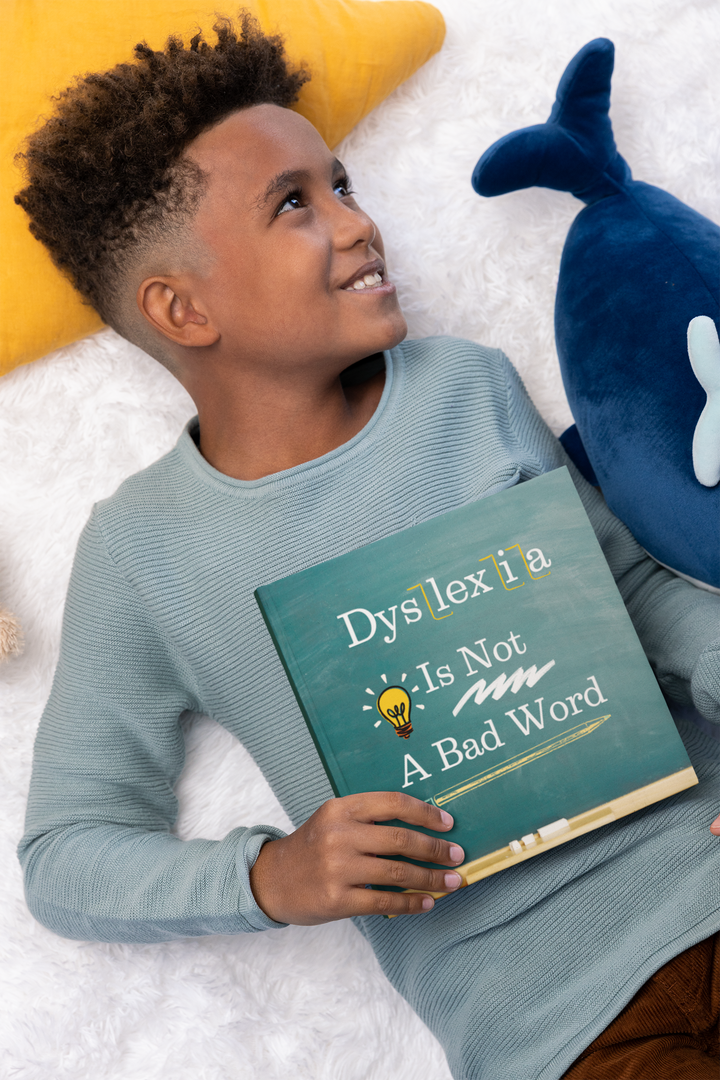
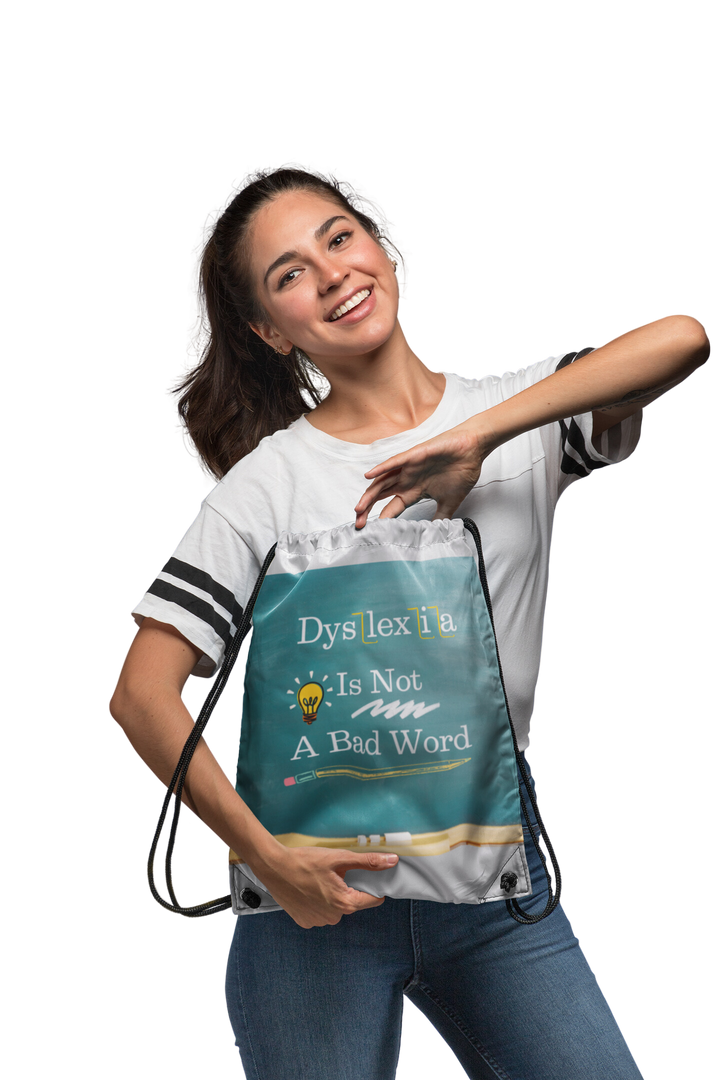


Meet Our Founder
Hi, I’m Ronica. The visionary behind this program and mother of two thriving dyslexic children. I completely understand that living with dyslexia can pose various challenges, particularly when it comes to reading and writing. However, there are strategies and tools that can make these tasks more manageable and enhance learning and comprehension. That’s where my program comes in. Dyslexia Is Not A Bad Word offers numerous learning aids to not only support reading but to also teach you how to read. Learning how to decode words and interpret sound are some of the best practices when it comes to reading.
One of the significant misconceptions about dyslexia is that it simply involves reversing letters or numbers. However, it's much more complex, encompassing difficulties with phonological processing, memory, and sometimes, visual processing of letters and words. It's also important to note that dyslexia can manifest differently from person to person. Some may struggle with spelling but read relatively well, while others might find reading aloud especially challenging.
Early diagnosis and intervention are crucial for helping individuals with dyslexia achieve their full potential. With the right support and resources, people with dyslexia can excel in all areas of life, proving that this learning difference is just one aspect of their multifaceted abilities.
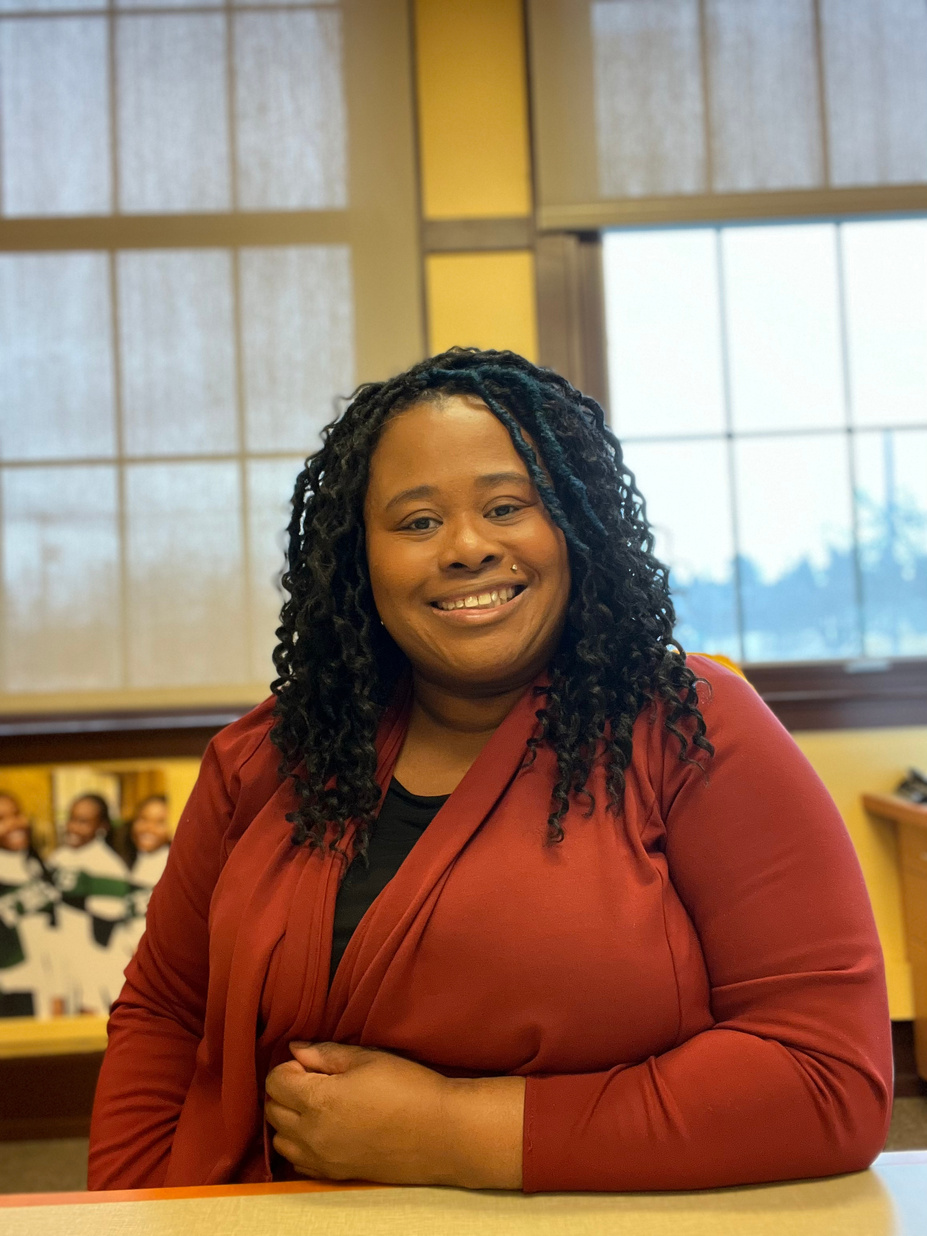


www.dyslexiaisnotabadword.com
